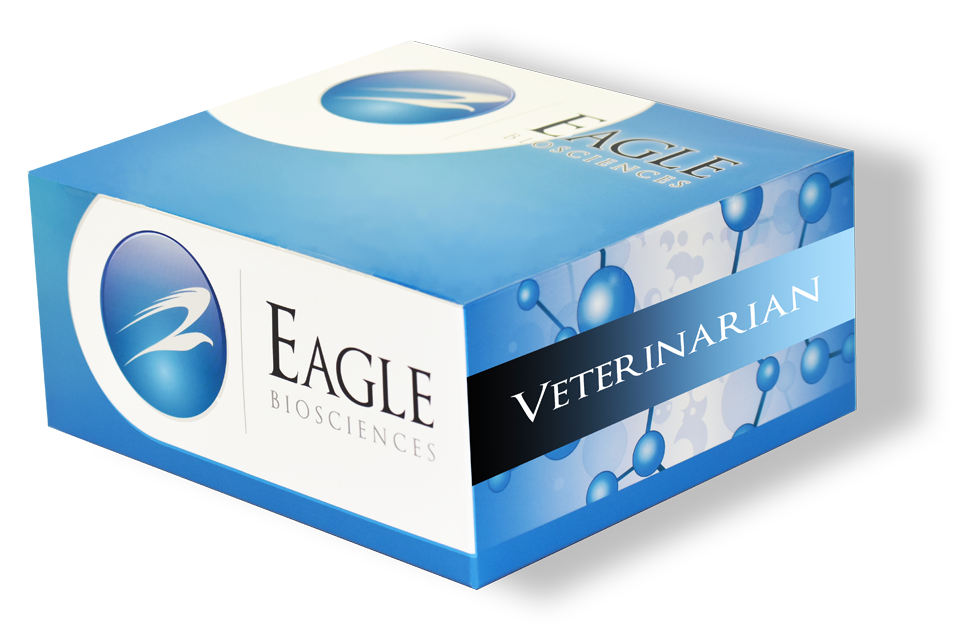Immunoglobulin E (IgE) is a class of antibody primarily involved in allergic reactions and immune responses to parasites. In dogs, as in other mammals, IgE is produced by B cells and binds to high-affinity receptors on mast cells and basophils. Upon exposure to allergens, cross-linking of IgE on these cells triggers the release of histamine and other inflammatory mediators, resulting in symptoms of allergy. Canine IgE shares functional characteristics with its human counterpart, making it an important biomarker for studying hypersensitivity and atopic conditions in veterinary and translational research.
In research settings, canine IgE is commonly measured to investigate the immunopathology of allergic diseases such as atopic dermatitis, food allergies, and flea allergy dermatitis. It is also used in studies of parasitic infections, where IgE levels can reflect host immune activation. Clinically, IgE is a valuable diagnostic biomarker in dogs suspected of having environmental or dietary allergies. Allergen-specific IgE testing helps guide allergy management and immunotherapy. Moreover, canine models are increasingly being used in comparative immunology and translational allergy research, where insights into IgE-mediated mechanisms can inform both veterinary care and human allergy treatment strategies.
This product is manufactured in USA by Eagle Biosciences.

